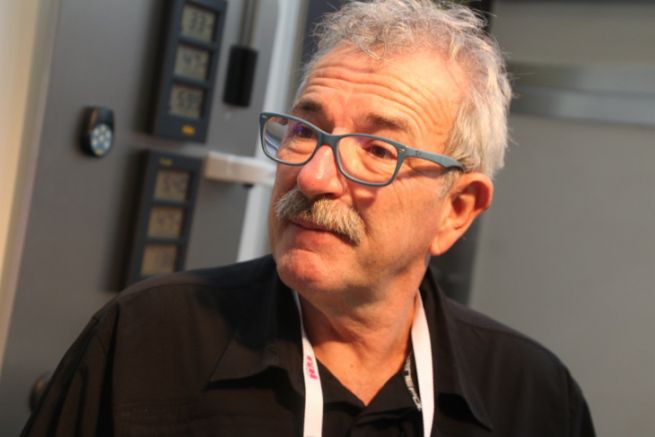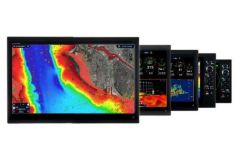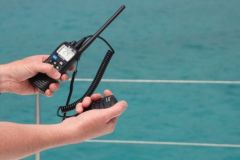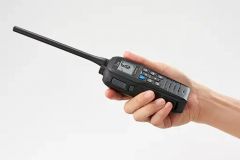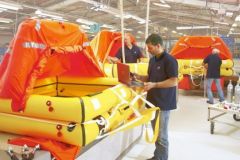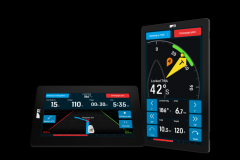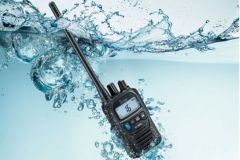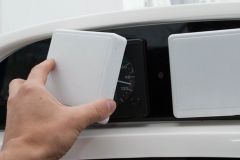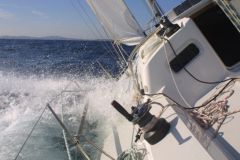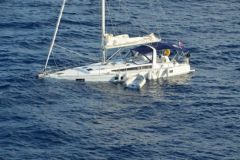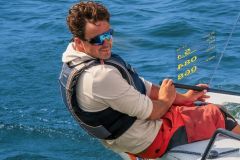Arrived at NKE as a supplier of the shadow of the electronics engineer
After starting out in electronics as a technician, specialising in microwaves and first satellite antennas, Paul Fraisse began training as a sales executive. He joined Micrel in Hennebont, near Lorient, as a trainee and became a salesman. " I had 3 customers at the time: IFREMER, a foundry and NKE. We were the hidden subcontractor. Noël Kerebel [the founder of NKE, editor's note] commissioned us with the studies and software for the electronic cards. From 1988 to 1998, I was the link with the developers. People like Bilou, Desjoyeaux or Le Cam asked NKE to make an autopilot that would hold a Figaro 1 under spinnaker. We thought about it, we did tests and NKE produced the charts and did the marketing "explains Paul Fraisse.
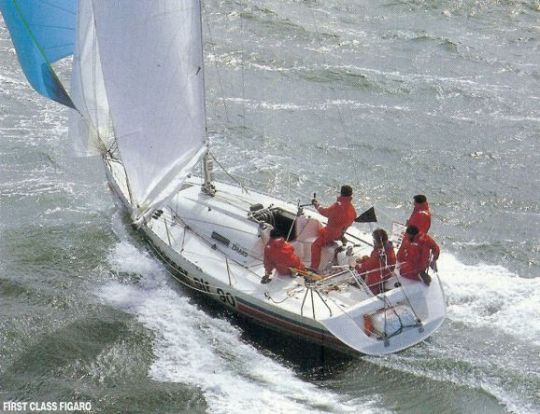
A smooth transition for boating
" Noël wanted to resell NKE to go around the world and proposed to the owner of Micrel to buy the company. After having refused a first time, in 1998, I offered him to take care of the nautical part. We made sure that the customers didn't see the change. NKE was lucky enough to slip through the net of the big investors. I often take this image: we built a wide wall with small stones. A few fell but it didn't collapse. But we weren't asked to put up sheet piling to make sure we could get through it quickly at the risk of it all collapsing. We have always grown to finance development, but without excess.. "says Paul Fraisse.
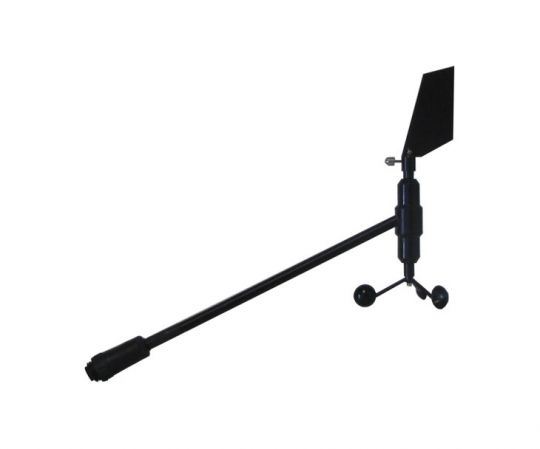
Observer of major changes in electronics
When asked about the major changes he has observed in his career in marine electronics, he finds it difficult to limit himself but cites 3 main innovations. " The first is the arrival of GPS, which NKE has tried to democratize thanks to the intercom. Then of course there is the pilot. For the 1st Vendée Globe, they started with 6 or 7 pilots, who broke, had a lot of fuel consumption and didn't steer well. Today, we're setting off on a cruise without even needing to steer! Finally there is the arrival of computers on board with Adrena, Maxsea and the routing software. That opens up some possibilities, but it can also raise questions, when you see that some are giving up on the Vendée Globe because they can no longer run the routing. Finally, in a longer and more diffuse way, there is the evolution of the sensors. Over the past twenty years, we have greatly reduced the delays and latency time of the sensors. With high-resolution sensors, we have also improved the software used to process this data "says the now ex-NKE director. Always passionate, we should continue to meet him a little more in the aisles of the next nautical events as soon as the health situation improves.
